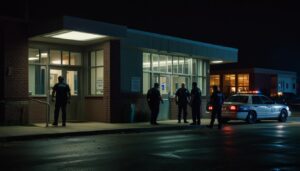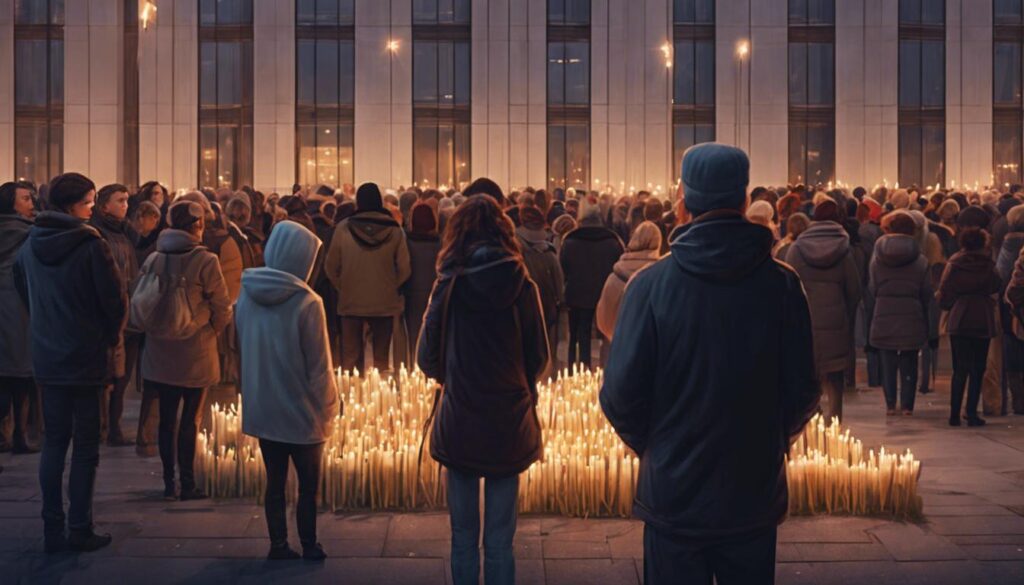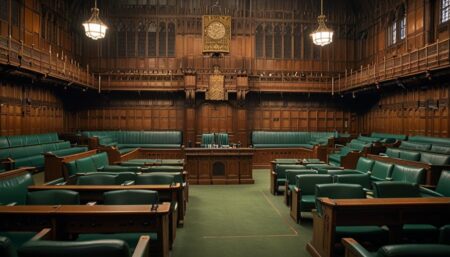A terrorist attack by the Islamic State at Crocus City Hall in Moscow has become the deadliest on European soil, with Russian President Putin declaring a day of mourning and vowing retribution.
A catastrophic terror attack occurred at Moscow’s Crocus City Hall during a concert by the rock band Picnic, resulting in 137 fatalities, making it the deadliest terrorist incident in Europe attributed to the Islamic State (IS). The attack unfolded minutes before the concert was to start when assailants equipped with assault rifles stormed the venue, fired at the crowd, and set the concert hall on fire. The tragedy prompted an evacuation scramble, with some concertgoers forcibly opening locked exits to escape.
The four suspects, identified as Tajik nationals, have confessed to the charges related to the attack in court. In the aftermath of the violence, Russian President Vladimir Putin declared a day of national mourning, with public events cancelled and flags at half-staff, while vehemently condemning the attack as a “bloody, barbaric terrorist act” and vowing retribution against those responsible. Despite IS claiming responsibility, Putin attempted to associate the incident with Ukraine, an accusation that Ukrainian President Zelenskiy denied.
This tragic event surpasses the death toll of the Paris attacks in 2015, becoming the most lethal attack linked to IS on European soil. The selection of Russia for this attack by IS is viewed as a mixture of ideological, historical, and strategic considerations, not least because of Russia’s military support for the Assad regime in Syria, which has positioned it as a prime target for IS aggression.
The Russian response to the attack has ignited concerns regarding the treatment of the suspects, who are under interrogation, and raised fears of increased repression against Muslim minorities within the country. Meanwhile, international reactions have included calls for vigilance against terrorism, with UK’s Jeremy Hunt urging European states to remain alert.
The aftermath of the attack sees Moscow grappling with a sense of uncertainty and mourning, as the authorities work to identify the victims through DNA testing—a process expected to last at least two weeks—and families await news of their loved ones. This incident marks a dramatic escalation in the scale of terrorist violence on Russian soil, with the international community closely observing the Kremlin’s next moves in the wake of this devastating attack.

















